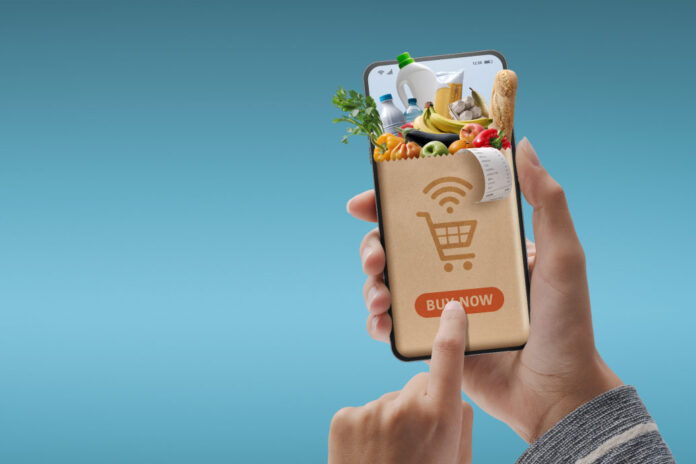In Brazil, 84% of e-commerce traffic already originates from mobile, according to data from Kobe Apps, a platform for creating and managing retail applications. However, despite the predominance of smartphone access, the conversion rate is still 1.6 times higher on desktop. The contrast reveals a critical bottleneck: most retailers still face technical and usability challenges in the mobile environment, especially in responsive web versions and poorly optimized apps.
“The mobile experience is still treated by many brands as an adapted extension of desktop, which compromises performance,” says Bruno Bulso, COO and co-founder of Kobe Apps. “Currently, 90% of the time Brazilians spend on their phones is within apps, but only 15% of retailers have their own app with adequate structure. There’s a huge opportunity being wasted.”
The study points out that obstacles such as long loading times, unintuitive navigation, and inconsistencies in price and inventory data harm the shopping journey. According to Bulso, this happens both on mobile sites and in low-functionality apps. “Apps need to reflect business rules with simple architecture, integrated journeys between physical and digital channels, and performance that eliminates any friction,” he emphasizes.
Cases like that of the Festval supermarket chain, which also integrates coupons from Soul Festival Club, show that efficient apps have a direct impact on sales. The Club recorded a 52.3% increase in digital participation via the app and attracted 41,000 new users in a single month. The Festval app surpassed 30% digital share, starting from a base of just 5%.
For Kobe Apps’ executive, the numbers show that having a well-structured proprietary app goes beyond convenience: it’s a crucial strategy for competitiveness. “Companies that prioritize the mobile experience achieve significant results, with greater loyalty, control of the customer journey, and direct impact on revenue,” concludes Bulso.


